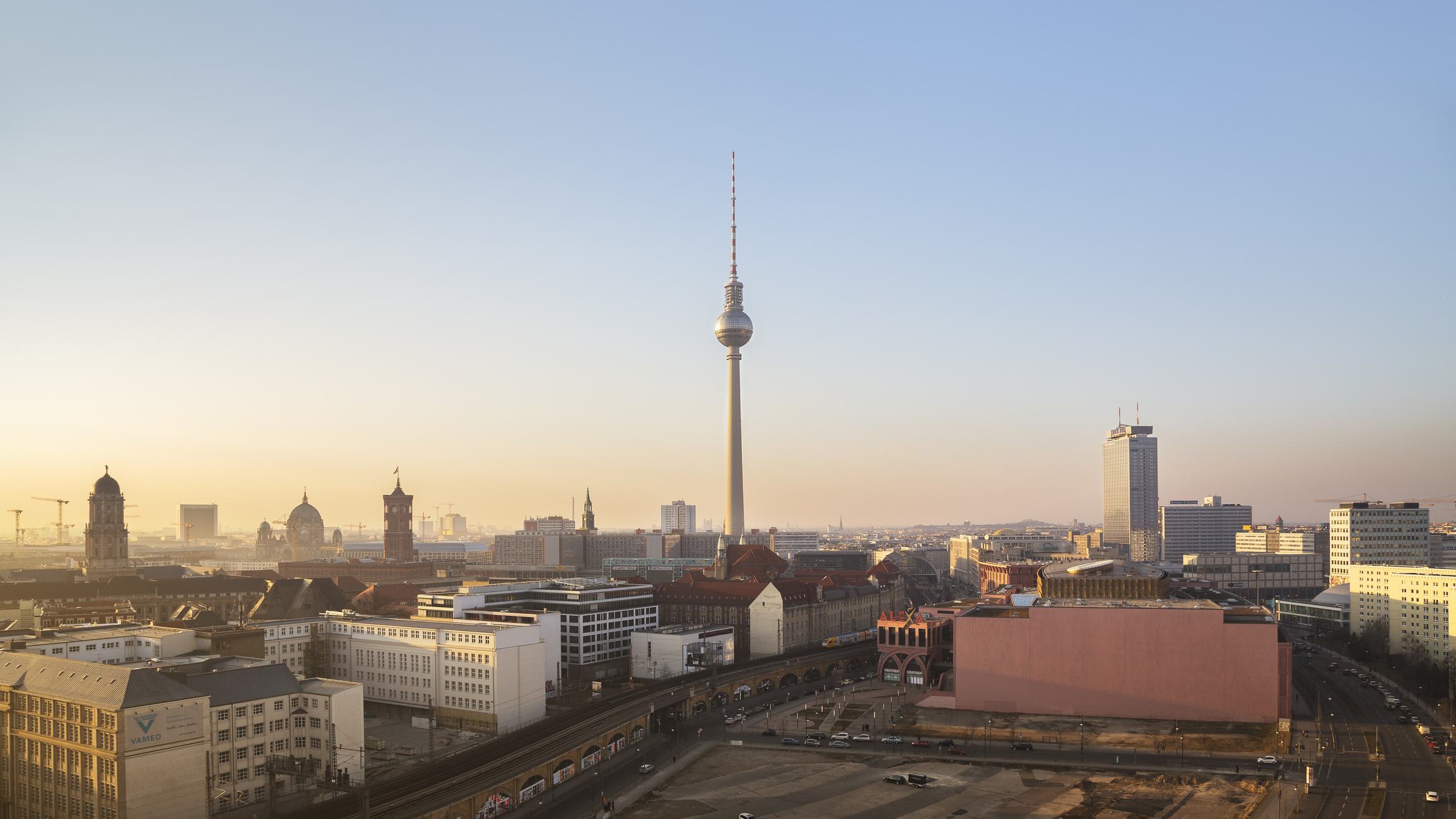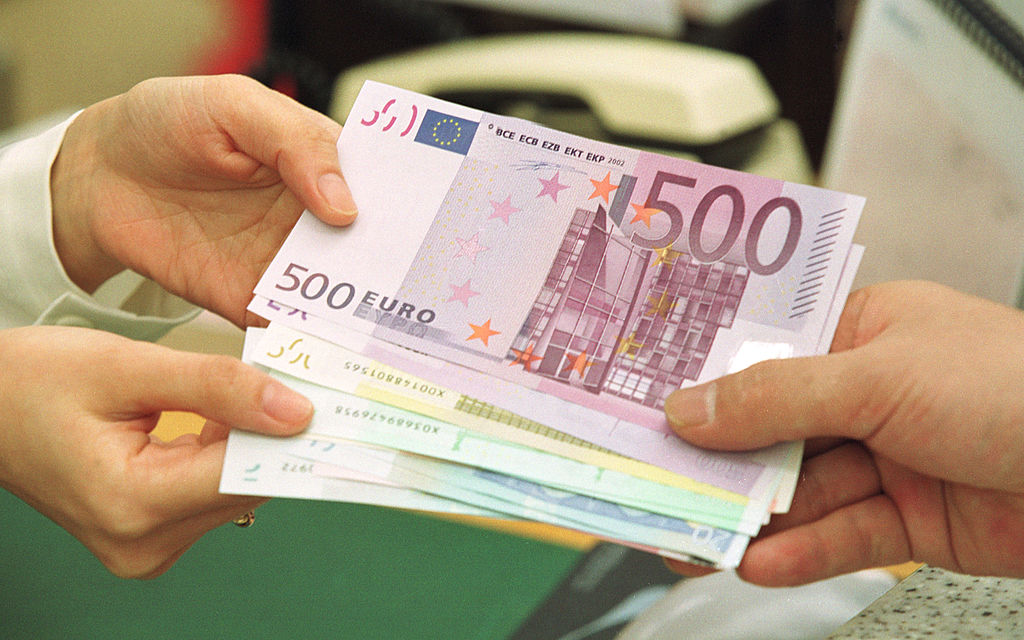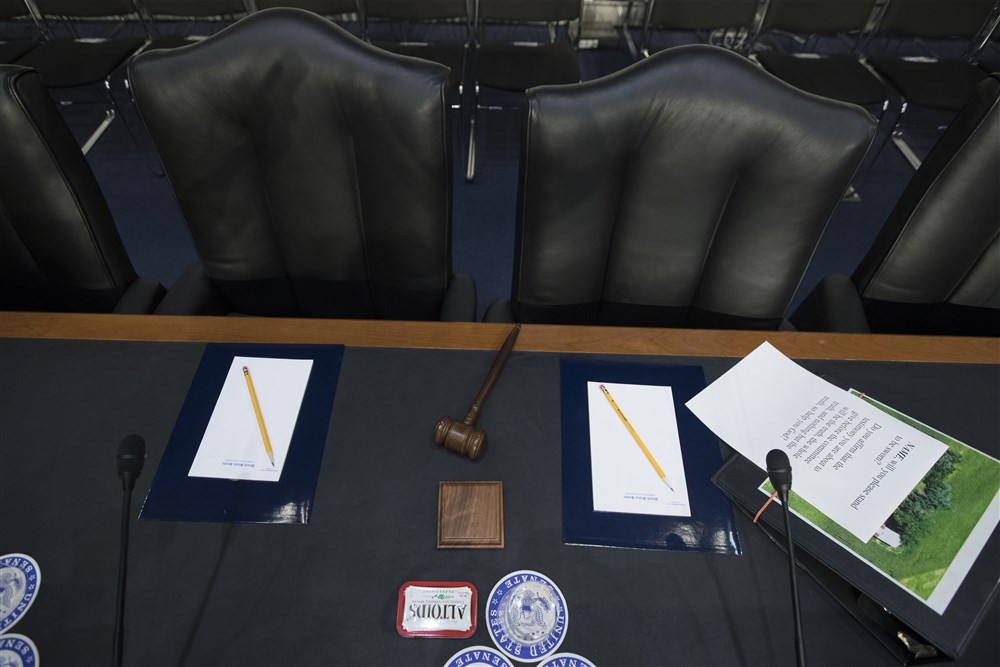Bulgaria’s main political parties are due to discuss a possible referendum on its use of the Euro currency this week. Despite boycotting similar proposed talks on June 29, they will now have to consider the issue officially.
A petition for a referendum to suspend Bulgaria’s accession to the European Union’s standard monetary unit until 2043 was proposed by hardline nationalist and pro-Russian Revival party, which pushed for approval by the Bulgarian Parliament’s budget committee.
However, with the exception of a few MPs, virtually every other party failed to show up to at the June 29 meeting. That meant the committee failed to secure the means to approve the referendum. However, given the petition has secured a significant number of signatories, the issue is still due to come up for vote in the parliamentary plenary.
Therefore, while the Revival’s Euro referendum may have been stalled for now, the Bulgarian Parliament will be forced to confront it. Under national legislation, the parliament must make a decision on a referendum petition within three months of it being tabled.
With 470,000 signatures collected on the document, the issue does appear to have substantial support. Opposition figures have accused the main parties of ignoring Bulgarian citizens.
The Revival MPs expressed confidence that the issue would be discussed this week. Since the petition was tabled on April 7, the parliament is legally obliged to do so before Friday.
Bulgaria has been undergoing much political turmoil in the past three years, troubling its relations with the EU. Since 2021 the country has undergone five national elections, with no party or coalition being able to win a decisive majority. The result is its negotiations with the EU on its entry to the Eurozone and the visa-free Schengen zone have been delayed.
While Bulgarian coalition talks were successful following the last general elections in Spring, scandal has dogged authorities in the capital Sofia, illustrating to many observers that a stable future for Bulgaria and thus full EU integration are still far from certain.
Just this year the country was forced to delay the adoption of the Euro by 12 months, pushing it back from January 2024 to January 2025.
European Commission President Ursula von der Leyen and EC colleagues have also been dragged into political intrigue regarding the country and the EC.
In late May a five-hour recording was leaked of a closed-door discussion between the leadership of one of Bulgaria’s main parties, the pro-EU, liberal, and the anti-corruption orientated PP-DB.
While PP-DB leader Kiril Petkov’s rhetoric about mass dismissals of state employees associated with President Radev, and their main coalition partners, the GERB party, raised eyebrows among many, alleged EC commitments were also called into question.
At the time, Petkov said von der Leyen had told him that, when it came to Bulgarian entry into the Eurozone, his government would “have to figure out how to get around the rules”.





